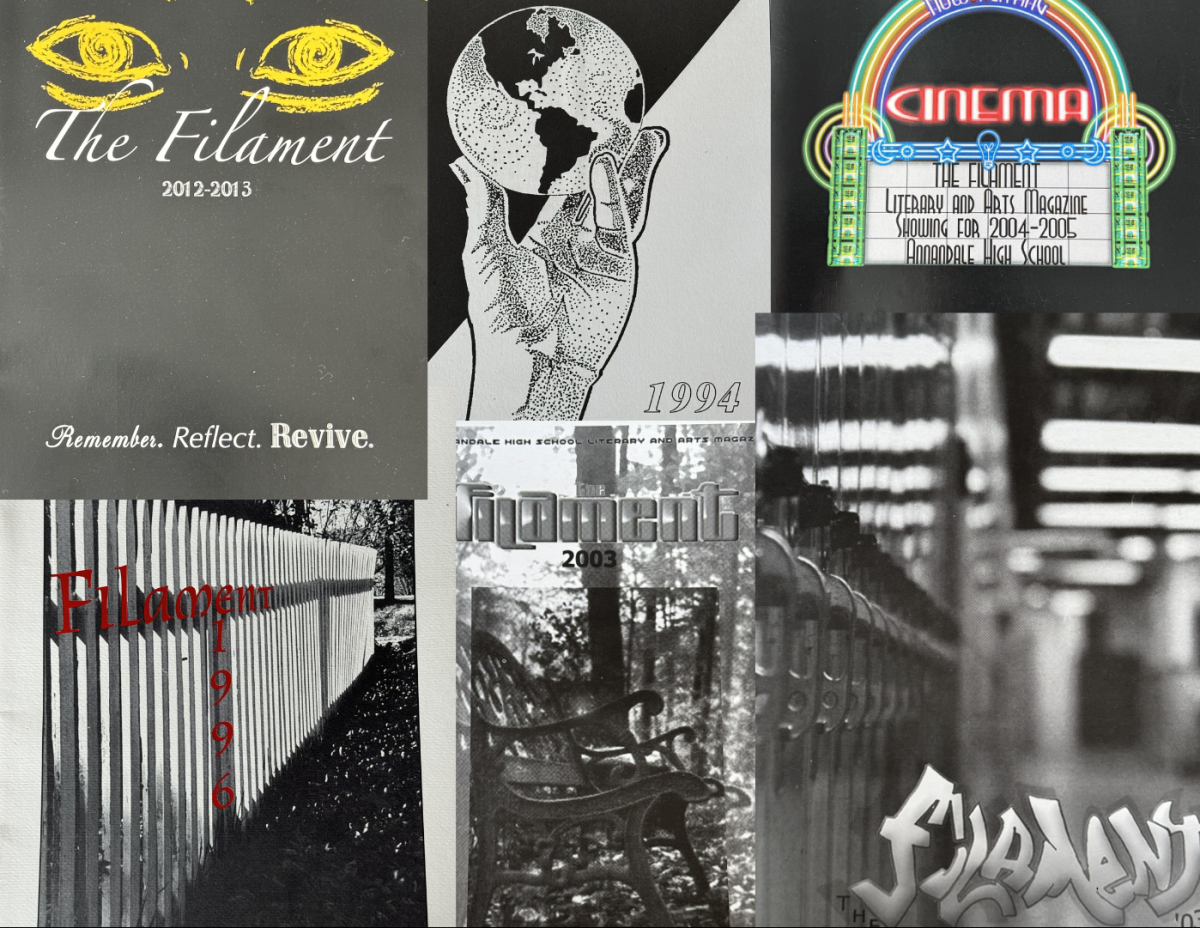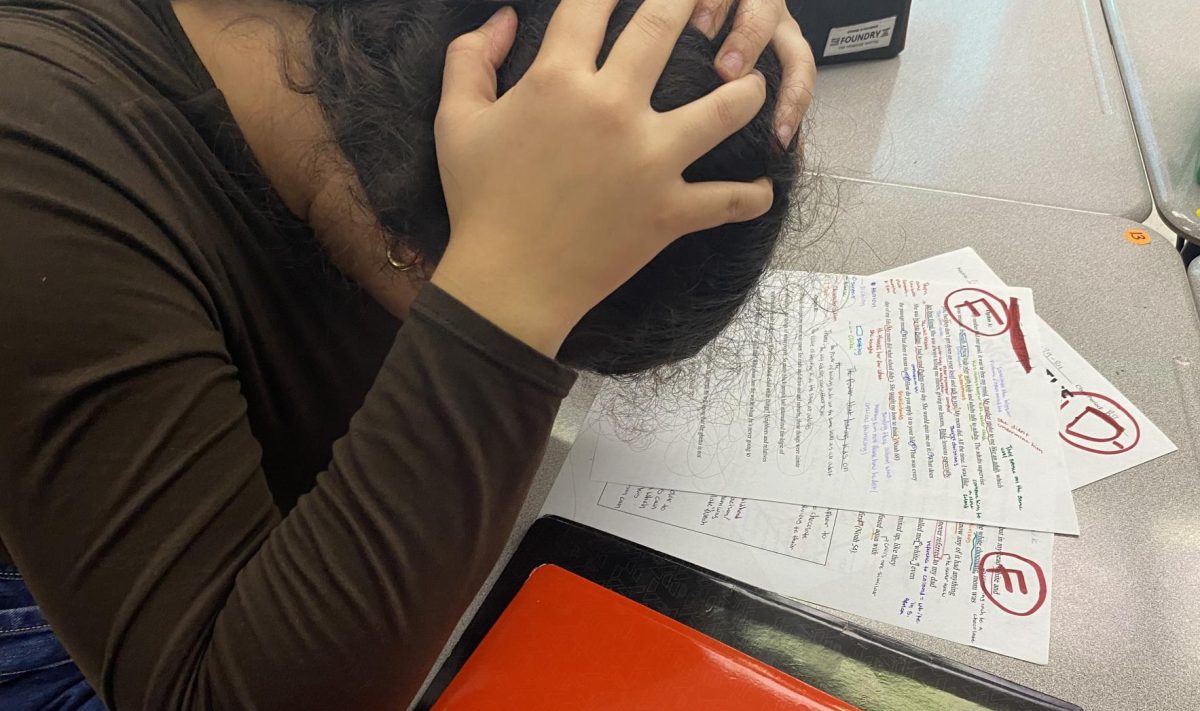Three students in Des Moines, Iowa protest an unpopular war by wearing black armbands to high school one day. Their school administration suspends them, stating that it disrupted the school day. The students, thinking that their First Amendment rights had been violated, took the case to court.
This event seems as though it could fit into the context of today and the unpopular wars in the Middle East. In fact, it is a basic description of the famous Tinker vs. Des Moines Supreme Court case that was judged in 1968. The Court ruled in favor of the students, famously saying that “it can hardly be argued that either students or teachers shed their constitutional rights to freedom of speech or expression at the schoolhouse gate.”
But what rights do we, as high school students, have when we enter the school grounds? What rights do we have to free speech, protest, and proclaiming our political opinions? What does all of this have to do with AHS?
The issue of freedom of speech in high school has been highly contested for decades. Several court cases, such as Tinker vs. Des Moines, have even reached the Supreme Court. Although the First Amendment says that the government cannot prohibit the exercise of free speech, there are exceptions, including defamation and speech that could incite rioting.
Although the Tinker vs. Des Moines case affirmed students’ rights to free speech during school, subsequent cases have limited just that. In 1988 the Supreme Court decided in Hazelwood vs. Kuhlmeier that school administration had the right to edit student-produced newspapers that rely on school funding.
At AHS, the school newspaper, The A-Blast, is school-based but the material is student owned. At most other schools the principal or other administrators have a direct say in what is put in the school newspaper, and edit it with an iron fist. Here, the students put together the newspaper and decide what material to put in it. However, with any freedom there are some restrictions. This newspaper, like any other, is not allowed to print obscenities, libel, material that could cause a disruption to the school day, copy written or plagiarized material, or material that constitutes an invasion of privacy.
In recent years there have been few free speech issues here. In fact, earlier this year the school was awarded with the annual Journalism Education Association’s First Amendment Press Freedom Award. The award acknowledges AHS’ tolerance and upstanding of the First Amendment rights. Although it focuses on freedom of the press, all aspects of the First Amendment are looked at.
Our school did not receive this prestigious award just for tolerating speech, but for advocating it. Students are allowed to express their political opinions through extracurricular clubs like the Young Democrats and Young Republicans. There are countless religious clubs such as the Muslim Students’ Association and the Korean Bible Study. One of the only obvious restrictions on free speech at AHS is the dress code, which is put in place to dissuade students from wearing inappropriate material to school.
One of the few events in recent history concerning free speech at AHS occured in May, 2004. Seniors Paul Gleason and Kyle Smealie, A-Blast journalists, were driving in the area near AHS and saw a mass of police cars. They took out their cameras and started taking pictures of the event. A police officer called them over and asked to see their camera. After threatening them to leave the scene and stop taking pictures, the officer proceeded to delete the photographs taken. After meeting together with the Fairfax County Police Department, the students were only rewarded with an apology from department officials.
Free speech in high school is a touchy subject for many, because on one hand the First Amendment protects the peoples’ rights to speech, but on the other the administration is trying to create a safe and beneficial school environment. The First Amendment in general has been a hotly debated topic. Some question if people really should be able to say whatever they want. Others only question, why should they not? Every school has a different level of tolerance of speech, and AHS is one of the more tolerant.









